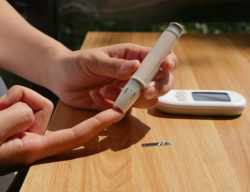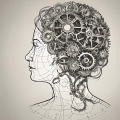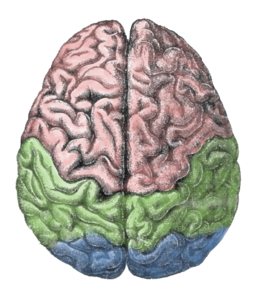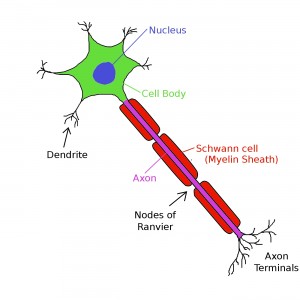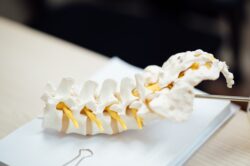Hormones Matter is a labor of love, but an unfunded labor of love that needs your help. Hi, I am Chandler Marrs, PhD, founder, editor and chief trouble-maker at Hormones Matter. I want to continue our offerings and provide our community with as many resources as possible. This takes financial and human resources that I simply do not have. So I am offering you, our readers, community members, supporters, friends, family, and fellow health advocates, the opportunity to help crowdfund Hormones Matter.
Crowdfunding with a Twist – The Unsubscription
As with everything we do here at Hormones Matter, this crowdfunding campaign is a little bit different than others. Technically it’s not a crowdfunding campaign at all, because I am not going to offer you any kitschy certificates, t-shirts or other products you don’t need or want. Nope, I will not offer you any of the standard fair associated with traditional crowdfunding campaigns.
What I will offer is the continued health advocacy, science and medical reporting, and the research that you have come to trust, plus the much needed additions to the website that our community desperately needs. I will offer the opportunity to change healthcare dramatically, by giving voice to those with the invisible, difficult to diagnose and seemingly impossible to treat, diseases. And finally, I will offer the opportunity to contribute to a deeper understanding about medication safety and efficacy. If you believe in what we are doing here at Hormones Matter and want to be part of the healthcare solution, help us stay online and help me fund the next steps in our development.
Contribute Now by Purchasing a Hormones Matter Unsubscription
Yes, you read that correctly, an unsubscription. Why an unsubscription? Well, I want our reporting, our research, everything we do, to be open to all. The unsubscription model, also called the pay-what-you-can model, allows those who can pay, to pay, and those who can’t afford to pay to still have access to all of the great health and science information we provide. I believe very strongly that one’s ability to access the latest health research should not be contingent on income, and hence, the unsubscription model.
If you have a few bucks and like what we do, send them over. If you have a few more and want to really see us grow, then buy a big unsubscription. If you’d prefer a one-time contribution, click the donate button.
Subscribe to an Unsubscription Now
Is this a Donation?
Well, yes and no. Hormones Matter was formerly an arm of a B-Corp (for benefit corporation), that I ran for many years as a service to the community. Without the resources to run this type of business endeavor any longer, and in an effort to keep Hormones Matter alive, I have closed the corporation and moved Hormones Matter over to a single entity LLC. What this means is that any money you contribute is not tax deductible, for that I would have to be a not-for-profit enterprise. So while the donation is a contribution to our on-going operations, it is not a donation to a non-profit. Your financial contribution will help keep Hormones Matter online.



